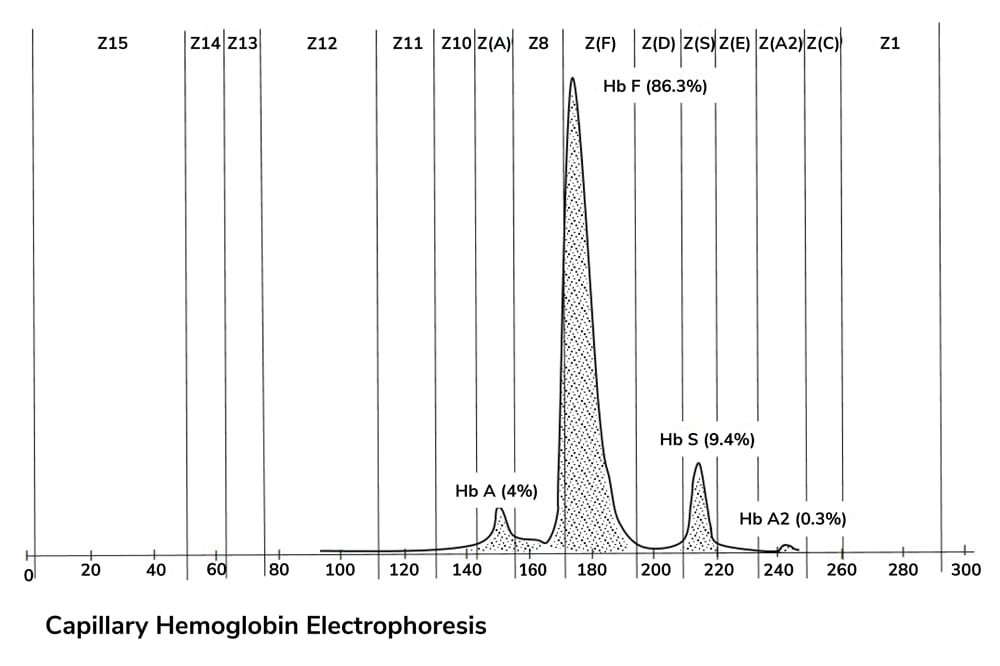In the wake of COVID-19, many patients lack access to medical care – often because the risk of infection is too great for them to attend appointments. This is especially true of cancer patients, many of whom undergo treatment that compromises their immune systems. But these patients still need regular monitoring – so how can they receive that monitoring while being kept as safe as possible? Point-of-care testing (POCT) can help, and recent advances in the POCT sphere are making it an increasingly viable option. Niels Henrick Hollander, Leader of Changing Cancer Care in Zealand University Hospital’s Department of Clinical Oncology, shares his experience with POCT.
Our aim, even before COVID-19, was to enable diagnosis and treatment of cancer patients using POCT devices. This is because cancer patients are generally immunocompromised and hospital-acquired infections have always been a great concern. The COVID-19 pandemic exacerbates these risks tremendously. Many patients with cancer are currently struggling to receive treatment for their disease because hospitals are postponing in-house tests and contact between patients and healthcare professionals is severely restricted. Easy-to-use POCT diagnostics are more necessary and more relevant than ever.
One of the most common tests cancer patients require is the complete blood count (CBC) test. Today’s system requires them to visit a clinic or hospital – but, during a pandemic, this presents a major risk. An easy, reliable at-home testing option would keep immunocompromised patients much safer. I hope this will prompt more POCT solutions and home-based treatment options for cancer patients.
The standard approach is to carry out diagnostic testing in centralized or hospital-based laboratories using expensive equipment operated by highly trained technicians. Under pandemic circumstances, lab technicians are working overtime and battling to handle the load of tests whose results are needed rapidly. In addition, it’s impossible to protect cancer patients sufficiently against the risks posed by entering the hospital. Under the current circumstances, it has become necessary to shift to home care settings for oncology.
Many single-drop, home-based blood test solutions cannot provide all the needed parameters for cancer patient management due to their limited test perspective. In some cases, complex sample preparation or testing machines require a professional lab technician. In others, size presents a problem; large devices lack the portability needed for a home environment. An ideal POCT device should be portable, easy to use, and provide lab-grade results – a necessity for cancer patients who can’t or shouldn’t currently enter the hospital environment.
We have had to be vigilant to ensure the safety of both our hospital staff and our patients. As such, we perform antibody testing on all of our healthcare staff to ensure that they are healthy before they interact with patients. Additionally, the oncology departments in Næstved and Roskilde hospitals have both implemented rapid POCT white blood cell counting outside the wards. Feverish cancer patients undergoing chemotherapy are screened prior to entry to reduce the risk of COVID-19 exposure on the ward.
COVID-19 has highlighted the need to decentralize diagnostic testing. POCT alleviates the burden on healthcare professionals, streamlines their workflow, makes diagnostic testing more efficient, and delivers rapid results when needed for clinical decision-making. Having a shorter turnaround time for common blood tests will give hospital staff the data they need when they need it to effectively care for patients. Implementing widespread POCT will make healthcare systems more efficient, drive the transition to home-based cancer care, and enhance patients’ wellbeing.





